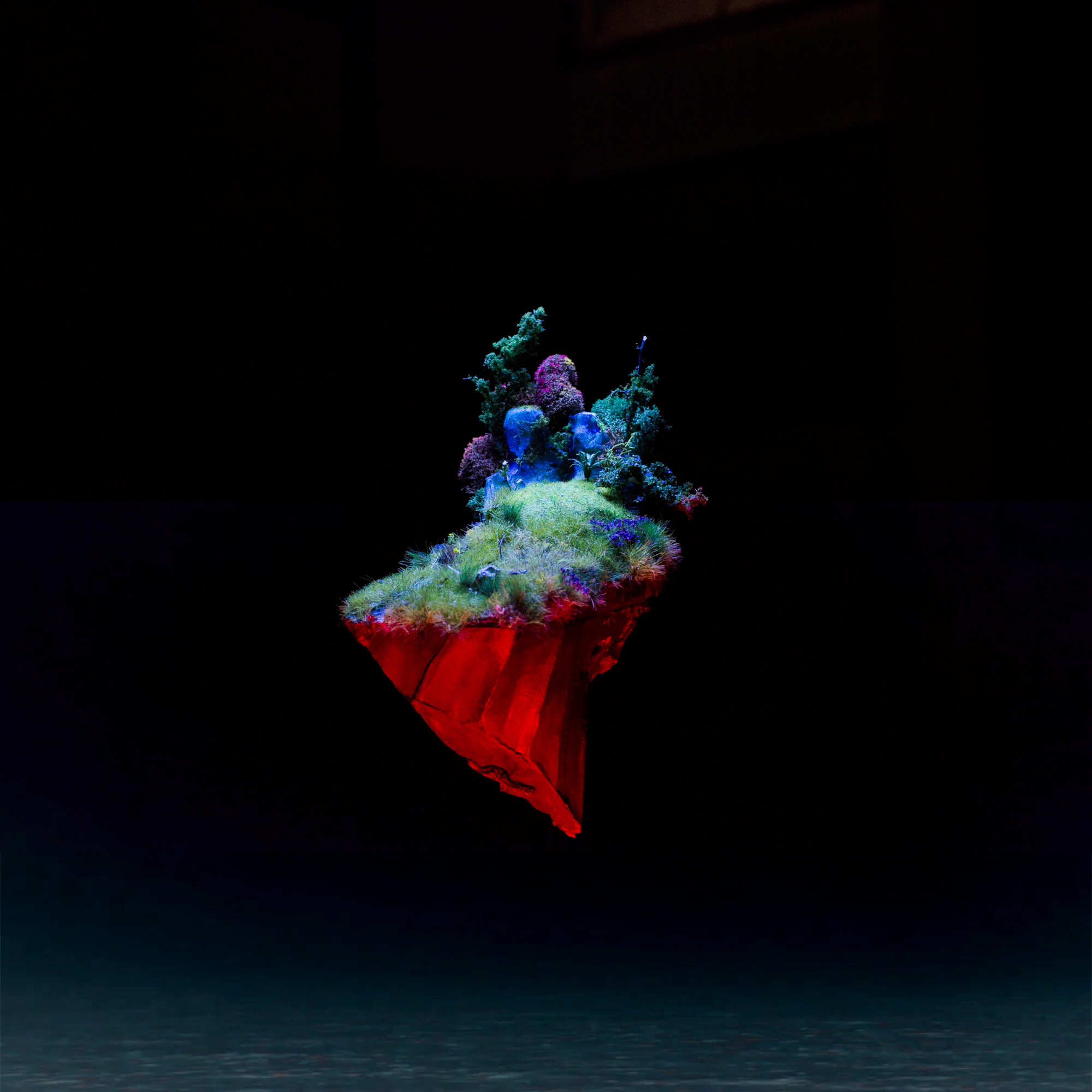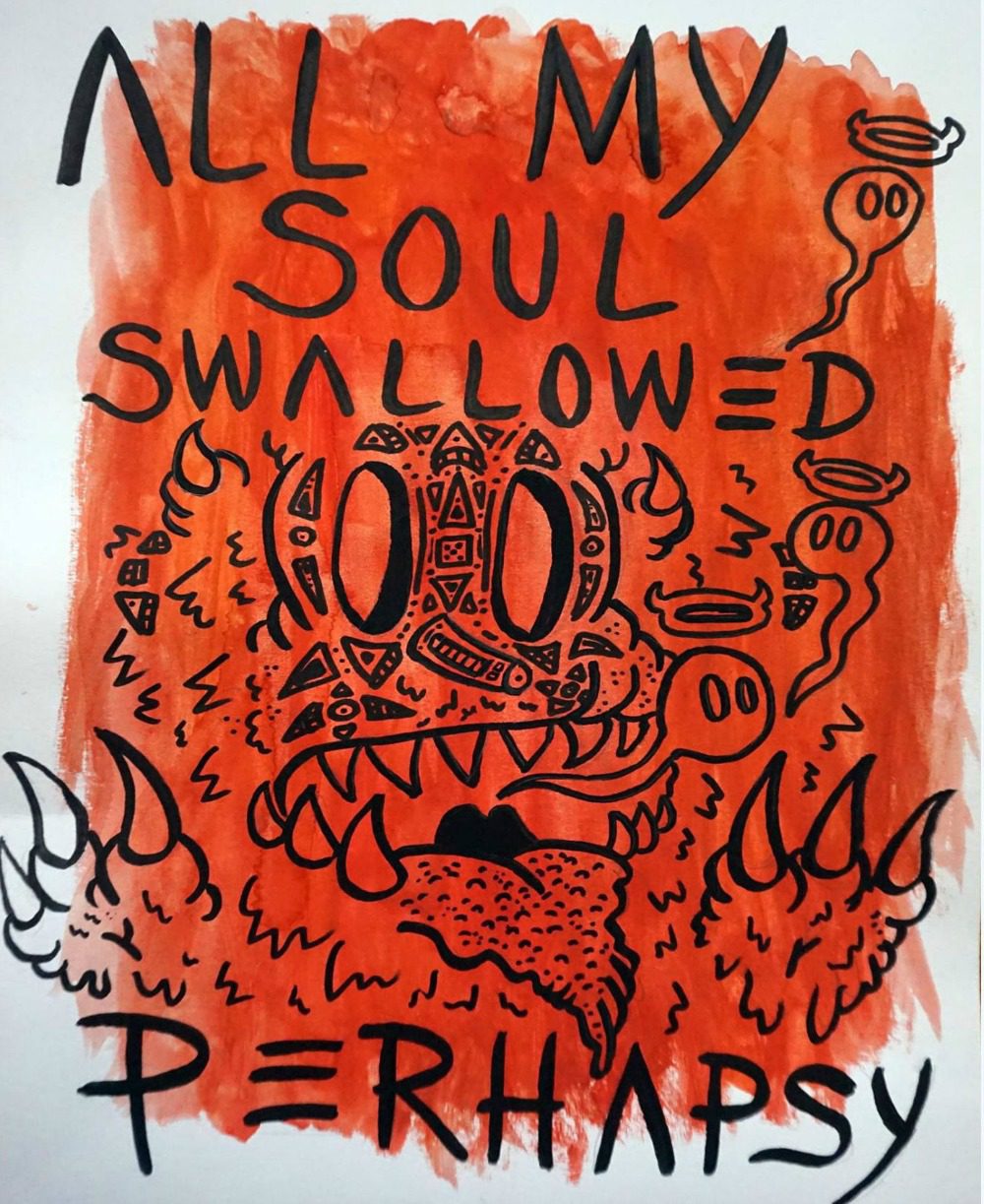PREMIERE: Lydia Ainsworth Puts Self-Doubt in Check with “Diamonds Cutting Diamonds”


“In chess, the opening moves are the most important,” Lydia Ainsworth tells me, but won’t go into further detail lest future opponents learn to anticipate her strategy. The Toronto-based experimental pop composer took up playing online simulators and later moved to competing with friends and fans who challenged her on Instagram when mysterious bouts of vertigo made it difficult for her to focus on little else. Though the unexplained vertigo faded, playing chess made a fitting theme for a video set to “Diamonds Cutting Diamonds,” the first track on her Phantom Forest LP, released last year. Not only does the song open her album, it was the first one she completed for the collection – an opening move that determined the rest of her shrewd compositional decisions and ultimately led to a victorious marriage of her classical training with modern sounds and ideas.
“I had been working and working on [a new album] for ages, and I couldn’t crack the code,” she remembers. “I called [the song] ‘Diamonds Cutting Diamonds’ because it went through many stages and I was just hacking away at it.” Lyrically inspired by a reading of landmark 1992 tome Women Who Run With the Wolves by Jungian analyst Clarissa Pinkola Estés, the song encourages the same reawakening of the wild inner self – a source of creativity, passion, intuition, and strength – and celebrates the “wild woman” archetype as a means of empowerment. “Baby hides her claws again/She’s twitching but won’t let it show/Masking inner wildlife/Be what you are and let it go,” Ainsworth trills over her slinky synth bassline. She took her own advice to heart, self-releasing Phantom Forest as a means of retaining ownership over her creative work, and embracing what has become her trademark sound – a unique mélange of of ethereal voicework, futuristic textures, orchestral arrangements, and biting observation delivered in a disarmingly dance-worthy package.
At every turn, the video for “Diamonds Cutting Diamonds” reflects both internal pressure and the positive results that can arise from it (as Ainsworth promises, “Failure draws a crystal out from underneath a curse”). Graceful choreography (courtesy of Kalie Hunter, who runs a dance studio called Metro Movement near Ainsworth’s home) depicts a bull and a matador in an endless, teasing standoff; Ainsworth kicks useless pawns out of her path; characters hold signs that boldly spell “HAVE NO FEAR.” Directed by Ainsworth’s younger sister Abby (who also directed a clip for Phantom Forest cut “Can You Find Her Place“), the video has a dream-like feel, owed in no small part to the fact that it was shot mostly in slow motion, with the dancers performing in double-time to accommodate. Ainsworth twirls around the life-sized chess board in a truly stunning costume composed of white feathers (designed by Emily Kowalik), a reference to the “bird of prey” motif in the song, which hearkens back to the wild woman archetype. All of it works together to create an intriguing blueprint of the ideas at play within the song itself, and cements Ainsworth herself as a true artistic visionary.
“The song is about breaking free to your authentic self, not caring what anyone thinks, unlocking your inner wildness and just being you, so I used the chess board as a metaphor for that,” Ainsworth says. “I don’t really listen to trends in music. I try to actually steer away from trends. When I’m writing, first and foremost, I want to write something that I want to hear. It’s not because it’s gonna be popular, which is maybe to my detriment.” Often compared to Kate Bush, Ainsworth leans proudly into that likeness without being derivative. On Phantom Forest, she sings from the point of view of Mother Nature, critiques facial recognition technology, and covers Pink Floyd’s “Green Is The Colour.” Though she’s already mixing new material that she hopes will be ready for release by spring of this year, she’s also remixed four Phantom Forest tracks for string quartet.
“I grew up playing cello, so I’ve always loved string instruments and wanted to reimagine these songs in that way,” she explains. Though Phantom Forest has some subtle string elements, most of it was electronically produced with little to no live instrumentation other than Ainsworth’s voice. “It’s like taking an oil painting and then making it into a black and white sketch,” she says.
This process of constant reinvention, joyful experimentation, and – though Ainsworth jokes that she’s “a terrible procrastinator ruled by fear” – prolific work ethic buoyed by seemingly dauntless confidence can be easily boiled down to one of the most salient mantras offered up in “Diamonds Cutting Diamonds:” “Double dare the old world away.” Ainsworth may have struggled through the process of writing, producing, and self-releasing Phantom Forest, but she makes slaying self doubt look both effortless and fun. With “Diamonds Cutting Diamonds,” Ainsworth provides a surefire anthem of validation for anyone who feels a little at odds with those around them.
Follow Lydia Ainsworth on Facebook for ongoing updates.









